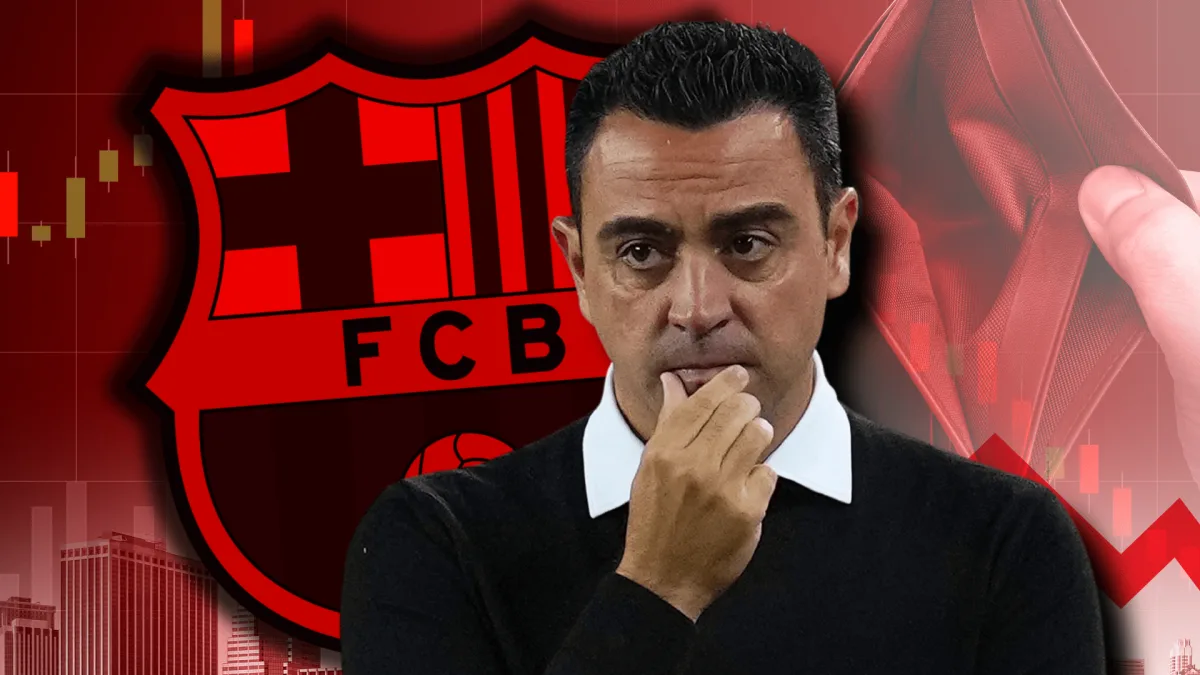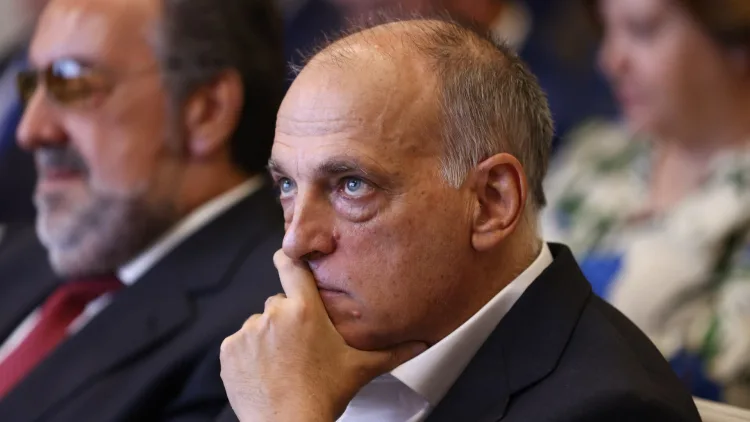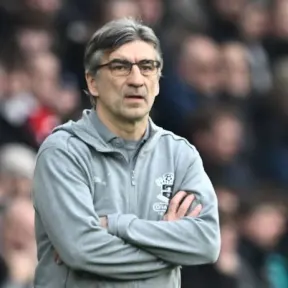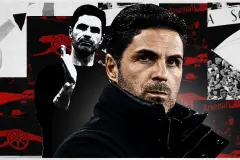LaLiga boss reveals how cash-strapped Barcelona signed players in the summer

LaLiga president Javier Tebas has explained how Barcelona managed to sign players in the summer despite their financial troubles.
Blaugrana chief Joan Laporta has done some solid work in cutting down the Catalans' expenses since taking over, but the LaLiga giants are not out of the woods yet.
On the contrary, heading into January, questions again linger over the club's ability to spend and head coach Xavi has already had to adjust his priorities with the finances in mind.
While the Spaniard wants to strengthen in defensive midfield, the club will struggle to complete a signing in that position as the acquisition of Brazilian wonderkid Vitor Roque is deemed more important. The Blaugrana announced in the summer that the striker will join in 2024 for €40 million and they are trying to bring him in in January.
READ: Barcelona admire Brighton star ahead of 2024
In addition to Roque, Barcelona also signed Joao Felix, Joao Cancelo, Oriol Romeu, Inigo Martinez and Ilkay Gundogan in the previous window, but how did they pull it off given that they struggled to register players due to Financial Fair Play?

Tebas explains
LaLiga president Javier Tebas has the answer and...it's actually quite simple: they didn't spend a lot of money. Roque did not yet count as a signing, meaning that the Blaugrana only spent a few million as a transfer fee on Romeu, with the two Joaos being loans and the other two deals free transfers.
Asked how Barcelona managed to make moves, the league's boss replied at a recent event in Italy: "They only spent €3 million. There are rules that require you to sell before signing: for every 100 you make, you can spend 40. Barcelona cannot lose its competitiveness and must operate within these rules to be able to sign players."
READ: LaLiga boss BLASTS Chelsea, Man Utd and 'not normal' transfer business
"LaLiga, among the big five in Europe, is undoubtedly a sustainable tournament despite the difficulties suffered after covid. This sustainability must always be guaranteed because the future of football and all its jobs are at stake.”






















